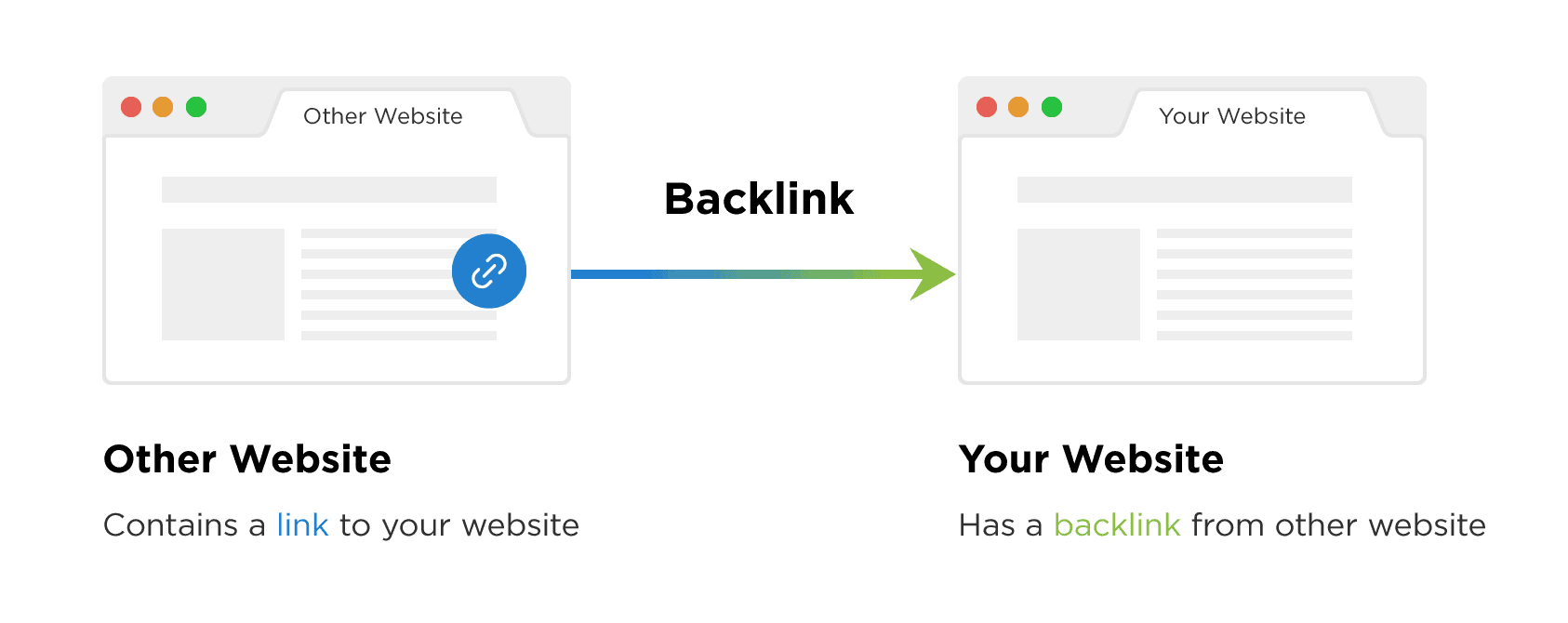Google SEO ranking factors are the factors that search engines, like Google, use to determine the relevance and quality of a website. These factors are used to determine a website’s search engine rankings, which can impact the visibility of a website in search engine results. Understanding these factors and how to optimize for them is crucial for any website looking to improve its search engine rankings.
Search engines use a google ranking algorithm to determine a website’s SEO search ranking, and it is not publicly disclosed what factors are included in the algorithm. However, through research and testing, SEO experts have been able to identify several key factors that are known to impact search engine ranking factors. Some examples of these google SEO factors include website content quality, backlinks, website loading speed, mobile responsiveness and security.
What Is E-A-T and Why Does It Matter?
E-A-T stands for Expertise, Authoritativeness, and Trustworthiness. It is a concept that was introduced in Google’s Search Quality Evaluator Guidelines to help assess the quality of web content, particularly for pages that could potentially impact a person’s health, financial stability, or general well-being.
Here’s a breakdown of what each component of E-A-T entails:
- Expertise: This refers to the knowledge and expertise of the content creator or the website itself in the subject matter they are discussing. For example, medical advice should ideally come from medical professionals, and financial advice should come from experts in the financial field. Demonstrating expertise in a topic helps establish the credibility of the content.
- Authoritativeness: This relates to the reputation and authority of the content creator, the website, or the organization publishing the content. Authoritative sources are those that have a track record of producing accurate and reliable information. This can be determined by the credentials and reputation of the authors, as well as the reputation of the website.
- Trustworthiness: Trustworthiness refers to the reliability and credibility of the information presented. It includes factors like transparency about the sources of information, the accuracy of the content, and an overall sense of honesty and integrity. Providing verifiable sources, citations, and avoiding misleading or deceptive information are important for building trust with users.
E-A-T matters because search engines, particularly Google, aim to provide users with high-quality and trustworthy information in their search results. Google’s algorithms take E-A-T into consideration when ranking web pages to ensure that users are directed to content that is accurate, reliable, and written by credible sources. This is especially crucial for topics where misinformation or low-quality content can have serious consequences, such as medical advice, legal information, and financial guidance.
If you’re a content creator or a website owner, focusing on E-A-T can help improve your website’s visibility in search engine results and build trust with your audience. Creating well-researched, accurate, and credible content authored by experts can positively impact your site’s rankings and reputation.
You can get detailed information on E-A-T here.
10 Google SEO Ranking Factors
1. Quality Content
One of the most important google SEO ranking factors that search engines use to determine a website’s rankings is the quality content and relevance of its.
Websites with high-quality, relevant content that is regularly updated are more likely to have higher search engine rankings.
This means that having well-written, informative and engaging content that is relevant to your target audience is crucial for SEO.
2. Relevant keywords
Keywords play a crucial role in SEO. These are the words and phrases that users type into search engines to find what they are looking for.
By using relevant keywords in your website’s content, you can help search engines understand what your website is about and improve your website’s search engine rankings.
It is important to use keywords in your content naturally and avoid keyword stuffing.

3. Backlinks
Backlinks, or links from other websites that point to a website, are also a crucial factor in search engine rankings.
Websites with a high number of high-quality backlinks are more likely to have higher search engine rankings.

Backlinks are considered as a vote of confidence in the quality and relevance of your website. Although you can go for a Professional link building consultant to increase your website ranking.
4. Technical Optimization
Technical optimization is the process of improving a website’s performance and making sure it runs smoothly.
This includes things like website loading speed, mobile responsiveness, and security. Websites that are not technically optimized may struggle to rank well in search engine results.
5. Mobile Optimization
With the increasing use of mobile devices, mobile optimization has become more important than ever.
Websites that are not optimized for mobile devices may see a decrease in their search engine rankings.
Mobile optimization includes making sure that the website is responsive to different screen sizes, and that it is easy to navigate on a mobile device.
6. Site Structure
The structure of a website is also an important factor in search engine rankings.
A well-structured website makes it easy for search engines to crawl and understand the content on a website.

Image Source: HubSpot
It is important to have a clear and logical structure, with a clear hierarchy of headings and subheadings.
7. Social Signals
Social media plays a big role in search engine rankings. Websites with a strong social media presence are more likely to have higher search engine rankings.
Social signals include likes, shares, and comments on your website’s content on social media platforms.
8. User Experience
Search engines prioritize websites that provide a good user experience. This includes things like easy navigation, relevant and valuable content, and quick loading times. A good user experience means making sure that your website is easy to navigate, loads quickly and has a clean design.
9. Local SEO
Local SEO Service is the process of optimizing a website to rank well in local search results.
This includes things like claiming and optimizing your Google My Business listing, building backlinks from local websites, and including location-specific keywords in your content.
10. Schema Markup
Schema markup is a type of code that helps search engines understand the content on a website.
By using schema markup, you can provide search engines with additional information about your website, such as your business name, address, and telephone number.
This helps search engines to understand the context of your content and can improve your website’s search engine rankings.
It is important to note that SEO is a constantly evolving field and search engines like Google regularly update their algorithms.
Therefore, it is important to stay informed and make necessary adjustments to your website in order to maintain your search engine rankings.
Additionally, SEO should not be viewed as a one-time task, but rather an ongoing process that requires ongoing attention and effort to maintain and improve rankings.
Conclusion
SEO is a crucial aspect of digital marketing that can help to improve a website’s visibility in search engine results pages (SERP) and drive more traffic to the website.
There are top 10 SEO ranking factors that search engines, like Google, use to determine a google ranking factors, including quality content, relevant keywords, backlinks, technical optimization, mobile optimization, site structure, social signals, user experience, local SEO, and schema markup.
By understanding and optimizing for these SEO ranking factors, website owners can improve their website’s google SEO ranking and drive more traffic to their website.
However, it is important to note that SEO is a constantly evolving field and requires ongoing attention and effort to maintain and improve rankings.

